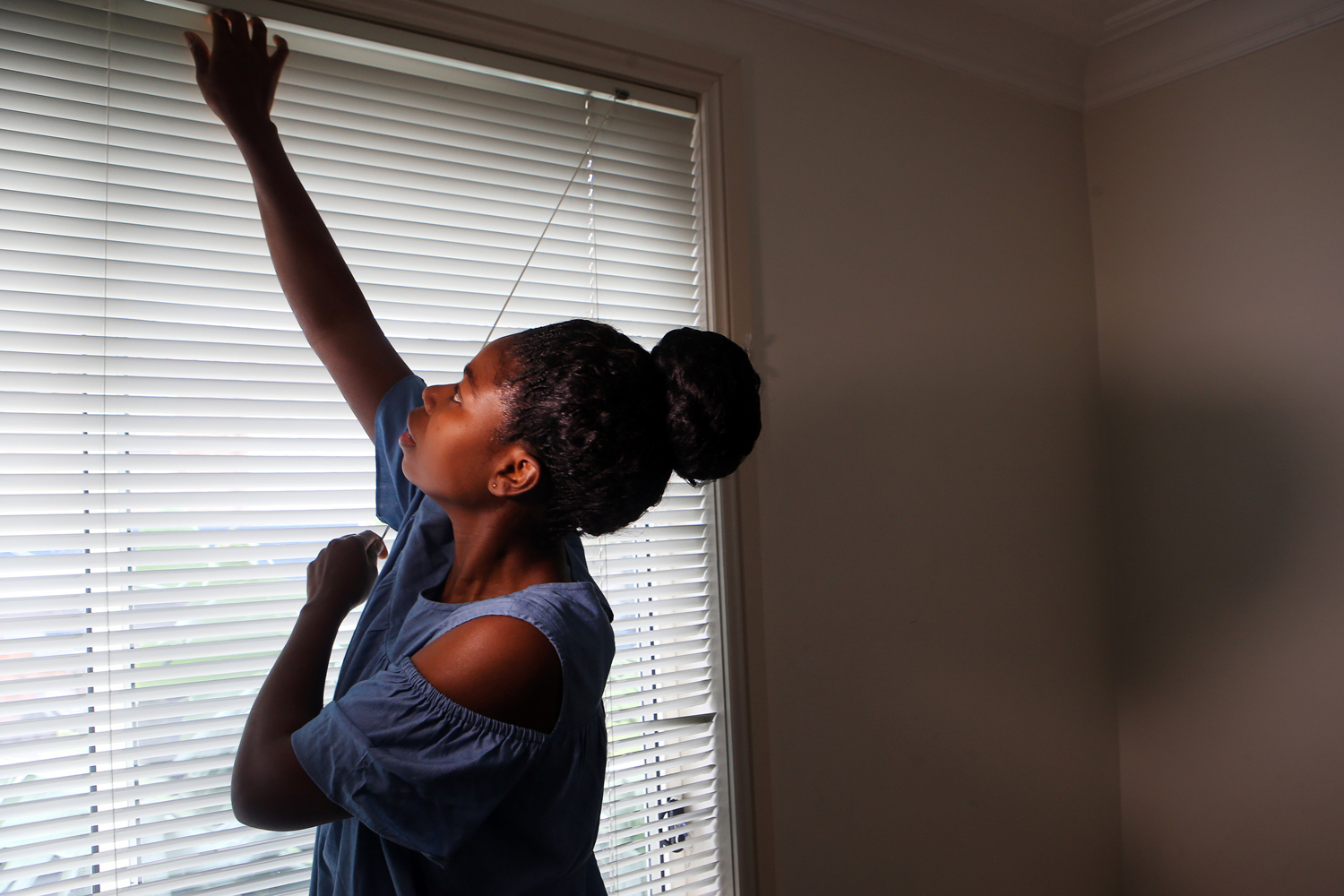How to stay safe during hot weather or a heatwave
Visit the NSW Health website for information on how to stay cool and safe during hot weather, including the signs, symptoms and first-aid for heat-related illness.
Learn more
Always call Triple Zero (000) if you or others around you experience any heat-related medical emergency.
How to use less electricity during hot weather
During hot weather, especially a heatwave, the NSW electricity grid is put under pressure as residents and businesses require more electricity to run fans and air conditioners to stay cool. To keep up with the extra demand for cooling, the grid’s stability can be stretched to the limit, threatening the electricity supply or causing outages.
You should always prioritise your safety by staying cool. If you can’t safely reduce the amount of energy you need to stay cool, don’t attempt to. However, if it is safe to do so, there are simple actions you can take to keep yourself cool while also reducing your electricity use. Every action, whether small or big, you can take will help keep the grid stable, which is especially important between 3 pm and 8 pm AEDT when demand is high.
Minimise the electricity needed to stay cool
- Use fans before air conditioning.
- Set your air conditioner between 24 and 26 degrees.
- ‘Zone’ your home by only cooling the parts of the house you’ll spend most time in.
- Close your curtains or consider external shading if the sun hits the window.
- Close your doors and windows during the day to keep cool air inside. You can also add seals and weather strips to gaps around doors and windows, where hot air can get in
- Open your doors and windows at night to let the cool breeze in.
Be efficient with your appliances
- Turn off and unplug appliances when you’re not using them.
- Turn off lights when you’re not in a room.
- Where possible, use the microwave or air fryer rather than your oven, which can heat up your house.
- If possible, avoid non-essential activities such as using pool pumps, washing machines, dryers and dishwashers or charging electric vehicles. You could make the most of the hot weather and use a clothesline to dry washing, rather than using your dryer.
